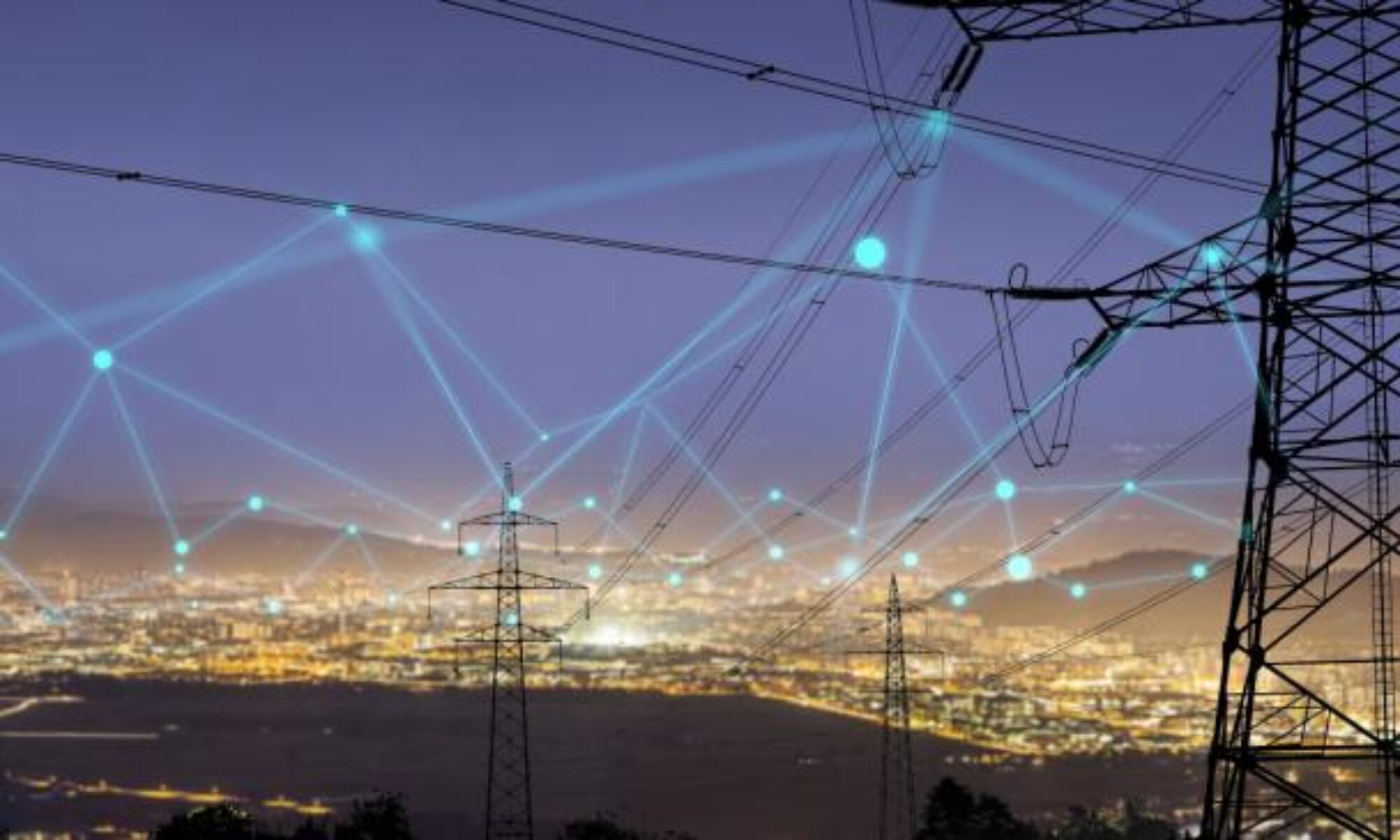Last legislative session, I introduced a bill instructing the Governor’s Energy Office to assess whether modernizing Maine’s electricity grids by creating a statewide Distribution System Operator (DSO) could decrease electricity costs and enhance reliability. That study began earlier this year. The study’s first phase will determine whether a DSO would reduce costs, enhance reliability, and accommodate decarbonization goals. If these objectives seem attainable, the study’s second phase would outline the system’s design and recommend a roadmap for implementation. The first phase report is due in September.
So why is this important?
Our current grid, largely unchanged for a century, operates as a one-way power delivery system using outdated technology. Modern technology and operating systems, many of which are already installed but underutilized, can transform our local grid into a multidirectional network. In the future, we anticipate a significant increase in distributed energy resources, including generators, microgrids, vehicle-to-grid systems, and stationary storage. As the central grid planner, the Maine DSO could manage the deployment of these distributed energy forms efficiently and operate the market in which they bid and function.
The proposed DSO would:
- Manage and control our distribution grids as a unified system without owning them,
- Consolidate grid infrastructure planning currently scattered among multiple utilities and state agencies,
- Facilitate an open market in distributed generation.
Maine has only recently embarked on integrated system planning, currently overseen by various utilities and state agencies. Centralizing control, operations, and infrastructure planning with the DSO would ensure efficient and transparent statewide planning and implementation for the grid’s resilience, reliability, and new generation interconnectivity. Optimized grid operations could reduce both supply and delivery costs.
To meet its climate goals and ensure cost-effective, reliable distribution grids, Maine needs a shift in perspective on how its electricity delivery system operates, is controlled, and regulated. The technologies to establish a multidirectional, interactive, transactional grid are readily available. What is required now is a robust plan, determination to implement it, and readiness to become a leader in grid modernization.
The ongoing study was featured in a recent Portland Press Herald article on July 8: “Maine to study whether creating local electric grid operator could cut costs, improve reliability” .
